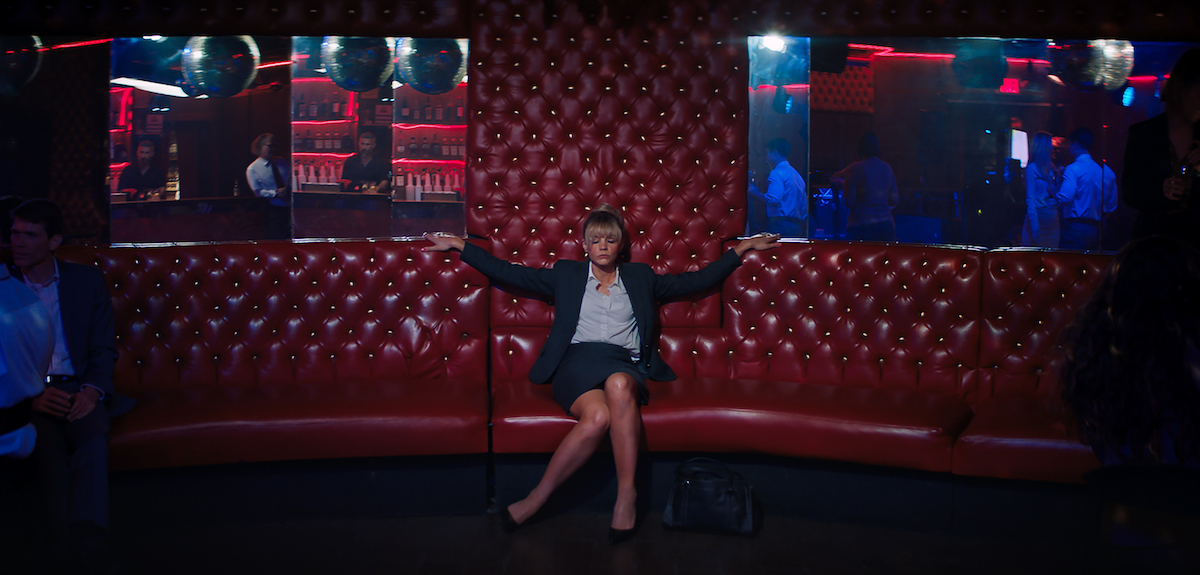Carey Mulligan Is Oscar Favorite
SBIFF’s Cinema Vanguard Award Goes to ‘Promising Young Woman’ Star

SBIFF’s Cinema Vanguard Award Goes to ‘Promising Young Woman’ Star

In a year in which viewers have been restricted to screening everything at home, certain films may have actually benefited from the focus provided by this more intimate setting. For example, Promising Young Woman, the first feature written and directed by Emerald Fennell and starring Carey Mulligan, might not have reached such a broad audience if it had been given a traditional theatrical release.
The film’s category-resistant combination of romance, comedy, suspense, and allegory would have made it a gamble for distributors looking to cash in on more easily grasped material. But at home, where quirky streamers like Stranger Things and Schitt’s Creek rule, Promising Young Woman fit right in. In fact, the film did so well by word of mouth that Mulligan is now favored by Vegas oddsmakers to take home the Academy Award for Best Actress. Having already captured the Critics Circle Award and the SBIFF’s Cinema Vanguard Award, Mulligan has nominations pending with both the Screen Actors Guild and the Oscars.
The performance that has everyone talking (and voting) allowed Mulligan to display an unusually broad range of talents. In some scenes, she’s cute in a rom-com kind of way, while in others, she’s hard as nails. And in the movie’s defining moments, she’s both, alternately. It’s these breathtaking turnabouts, in which the character Cassie reveals that she is not what she at first appears to be, that structure a plot that’s chock-full of all sorts of surprises.
I spoke with Carey Mulligan last week about her year and about what this particular film has meant to her.
A lot of the time you read stuff, and it can be great writing, but you can still sort of have a good sense of where the story is going. But with this, I just had no idea where we were going to end up. It’s so intricate, the way that she [Emerald Fennell] designs this and the way that the story unravels. The more you learn about Nina [Cassie’s friend who was sexually assaulted and who is now dead], and the more you learn about Cassie’s past and what she’s actually doing with these men, that affects how you’re playing those scenes. It’s such a pleasure to play with really good writing.
I think what Emerald enjoys so much about filmmaking in particular is this sort of chance to be allegorical, and to draw in these things. Certainly, there were lots and lots of biblical references. And I think that’s why the film is so interesting on a second and third viewing, because it’s hard to see these details [the first time around] because of the pace of the film.
We kind of always expected that. When you talk about a subject like this, that is so close to people, people are going to have incredibly strong feelings, as rightly they should. You have to expect a certain amount of debate. Either way, it’s something that we’ve always felt very comfortable with. That’s great, because it’s Emerald’s truth, and it’s mine as well. It’s the way that we both wanted to talk about this subject, but it’s not for everyone, you know, and I think we both feel very comfortable with that. So I think, you know, that it’s been really interesting to hear both sides of it.
Carey Mulligan will receive the Cinema Vanguard Award on Monday, April 5, at 2 p.m.
Please note this login is to submit events or press releases. Use this page here to login for your Independent subscription
Not a member? Sign up here.